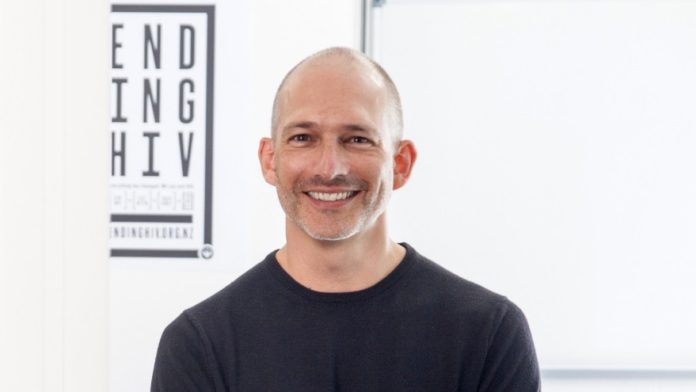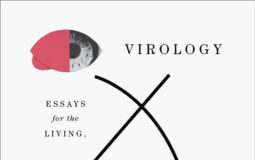
An expert in sexual health says tackling the spread of syphilis and HIV among gay and bisexual men is vital to arrest the spread of the two potentially deadly conditions.
Dr Peter Saxton is a senior lecturer in population health at the University of Auckland’s medical and health sciences faculty.
He is also a member of a recently established Ministry of Health working group set up to tackle the spread of sexually transmitted and blood-borne viruses and diseases.
Saxton said tackling the spread of such conditions among gay and bisexual men was key as they were disproportionately affected by sexually transmitted infections (STIs) like HIV, syphilis and gonorrhoea.
A new study Saxton co-authored found gay and bisexual men were 348 times more likely to be diagnosed with HIV, 163 times more likely to be diagnosed with syphilis, and 57 times more likely to be diagnosed with gonorrhoea.
“The government is rightly committed to eliminating health inequities, so this data offers a stark call-to-arms.”
Saxton said the transmission of syphilis and gonorrhoea could be reduced with more frequent and convenient testing and treatment.
“It’s in everyone’s interests if we can make testing easier, the earlier we detect new infections, the faster we can break chains of transmission,” he said.
“If people can’t access free, accessible STI screening that suits them, then the potential for undiagnosed transmission is higher and that’s a big concern in areas like south Auckland.”
Syphilis is a sexually transmitted infection which can be treated and cured with antibiotics
If not treated, over time it can affect the brain, spinal cord and other organs.
Parliament’s health select committee released a report in March as part of its annual review of the Counties Manukau DHB, which found 40 per cent of syphilis cases in New Zealand were in the south Auckland area.
The most up to date data released by the Institute of Environmental Science and Research (ESR) showed a total 589 cases of syphilis were recorded nationally in the 12 months to the end of June 2020.
Saxton said New Zealand already has the tools to eliminate HIV transmission by 2025.
“But now we have to accelerate our efforts,” he said.
He said one way to do that was through improved access to HIV pre-exposure prophylaxis (PrEP) for gay and bisexual men to reduce their risk of infection.
But Saxton said, anecdotally, prescriptions for such medications were becoming harder to get in key regions like Auckland, because specialist sexual health services were under-resourced.
“It leaves some gay and bisexual men with nowhere to go.”
According to figures released by the University of Otago’s AIDS Epidemiology Group in May, a total of 162 people were recorded as having HIV in New Zealand in 2020.
HIV, or human immunodeficiency virus, damages the immune system and is spread through unprotected sex and contact with infected blood.
New Zealand AIDS Foundation chief executive Dr Jason Myers shared Saxton’s concerns.
“It is no secret that DHBs are facing significant cost pressures and one consequence is that specialist sexual health services are having to make decisions about who they can and cannot see because of resource constraints,” he said.
The problem was unlikely to go away until sexual health was taken more seriously and seen as a priority, he said.
Associate Minister of Health Dr Ayesha Verrall and the Auckland District Health Board, which manages the regional Auckland Sexual Health Service, were contacted for this story.







